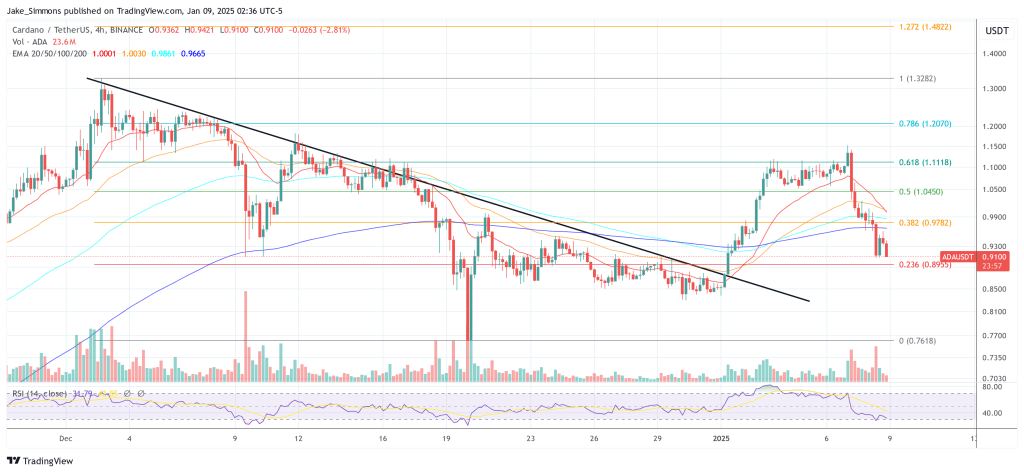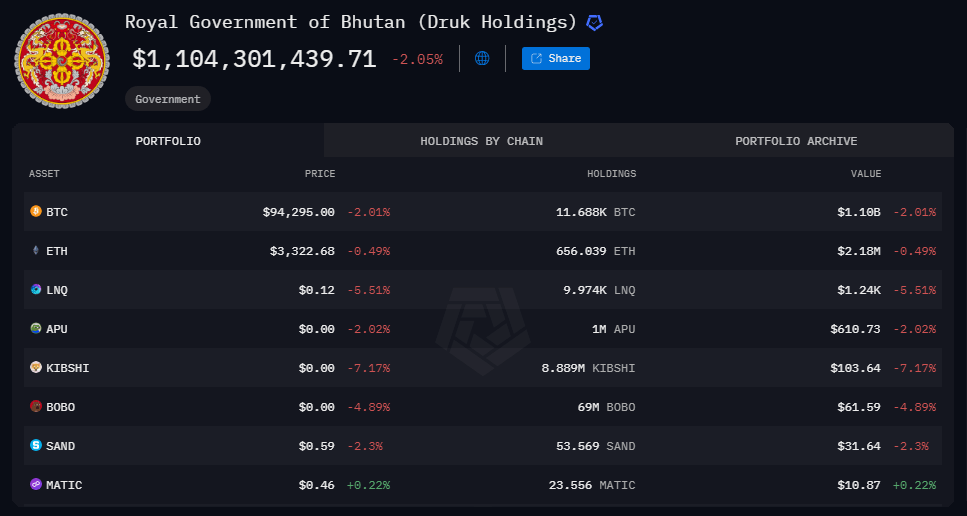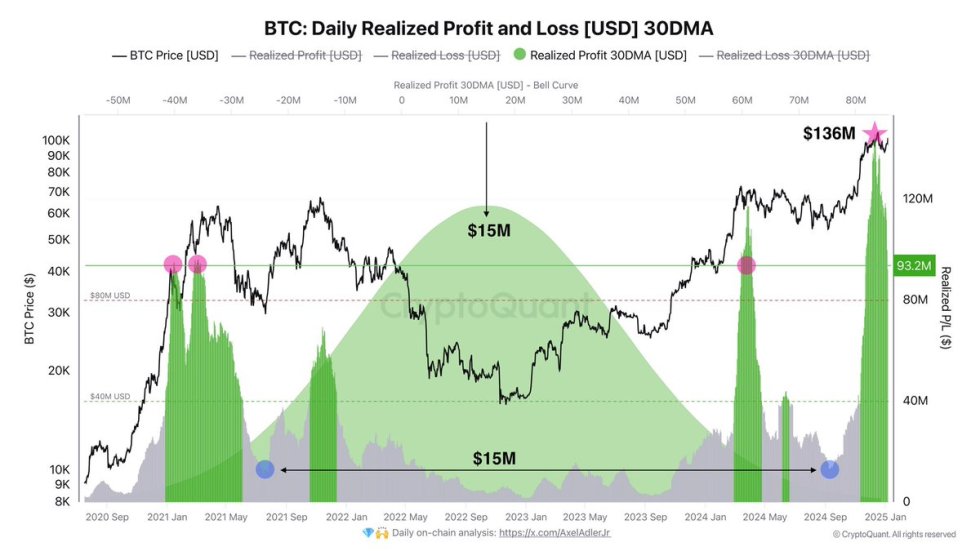Jeremy Hogan, a respected lawyer in crypto, particularly the XRP community, recently shed light on the tax implications for crypto investors. In a recent post on X (formerly Twitter), Hogan highlighted the need for investors to understand the nuances of tax laws, particularly the contrast between short and long-term capital gains taxes.
Hogan’s guidance centers on a prevalent practice among crypto holders: the short-term reallocation of funds from one digital asset to another, including moves from XRP to alternative digital currency. He highlights the potential tax implications of such strategies, emphasizing how they could unintentionally result in increased tax burdens.
According to Hogan, engaging in activities like selling XRP only to buy it back later might interfere with eligibility for more favorable long-term capital gains tax rates.
I have seen some people say they’re selling XRP, buying another token and will buy XRP again after making some money in the other token.
Fair enough, but now you have given up your long-term tax status on XRP and given yourself two short-term tax rates. Just be aware…
— Jeremy Hogan (@attorneyjeremy1) January 2, 2024
Instead, investors might face the steeper rates that apply to short-term capital gains. Hogan particularly noted:
Holding a token for over one year vs. less than a year can mean the difference between paying 15% or 30% to taxes.
US Tax Implications In Crypto Trading
Notably, the tax implications for crypto trading can significantly impact investment returns. In the US, crypto investors generally face two types of taxes: capital gains and income tax.
Capital gains tax is applied to the profit made from selling digital currency that has increased in value. This tax is categorized into short-term or long-term, depending on how long the asset was held before selling.
Short-term capital gains are taxed as ordinary income, while long-term gains on assets held for more than a year benefit from lower tax rates.
Income tax, on the other hand, applies to digital currency earned through staking, mining or as payment for goods and services. These earnings are taxed as regular income at the taxpayer’s applicable rate.
Dear U.S. Guys/Gals,
In 2024, as you plan how to take profit and become CryptoRich!, don’t forget to strategize for TAXES.
Holding a token for over one year vs. less than a year can mean the difference between paying 15% or 30% to taxes. See attached.
Truly,
I’dRatherPayLess pic.twitter.com/wHALaUnHgE
— Jeremy Hogan (@attorneyjeremy1) January 2, 2024
Global Perspectives On Crypto Taxation
Crypto taxation varies significantly worldwide, with some countries adopting more stringent policies than others. India, for instance, has one of the more stringent digital currency tax regimes.
Crypto investors in India are subject to a 30% tax on profits from cryptocurrency transactions. A 1% tax deducted at source (TDS) is also imposed on all asset sales.
In a Bloomberg interview, WazirX’s CEO, Nischal Shetty, expressed his view that India’s strict stance on crypto taxation is unlikely to ease in the next couple of years. In contrast, other countries offer more favorable tax environments for digital currency transactions.
According to Token Tax, nations such as Belarus, Bermuda, the Cayman Islands, El Salvador, Georgia, Germany, Hong Kong, Malaysia, Malta, Puerto Rico, Singapore, Slovenia, Switzerland, and the United Arab Emirates do not impose taxes on cryptocurrency, allowing for tax-free trading, mining, and purchasing.
Featured image from Unsplash, Chart from TradingView

You can get bonuses upto $100 FREE BONUS when you:
💰 Install these recommended apps:
💲 SocialGood - 100% Crypto Back on Everyday Shopping
💲 xPortal - The DeFi For The Next Billion
💲 CryptoTab Browser - Lightweight, fast, and ready to mine!
💰 Register on these recommended exchanges:
🟡 Binance🟡 Bitfinex🟡 Bitmart🟡 Bittrex🟡 Bitget
🟡 CoinEx🟡 Crypto.com🟡 Gate.io🟡 Huobi🟡 Kucoin.




















Comments